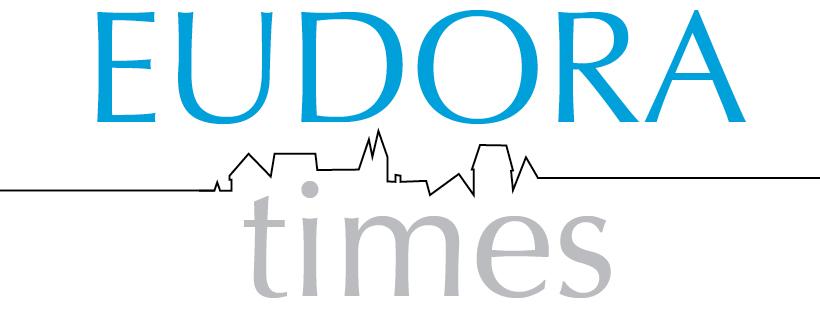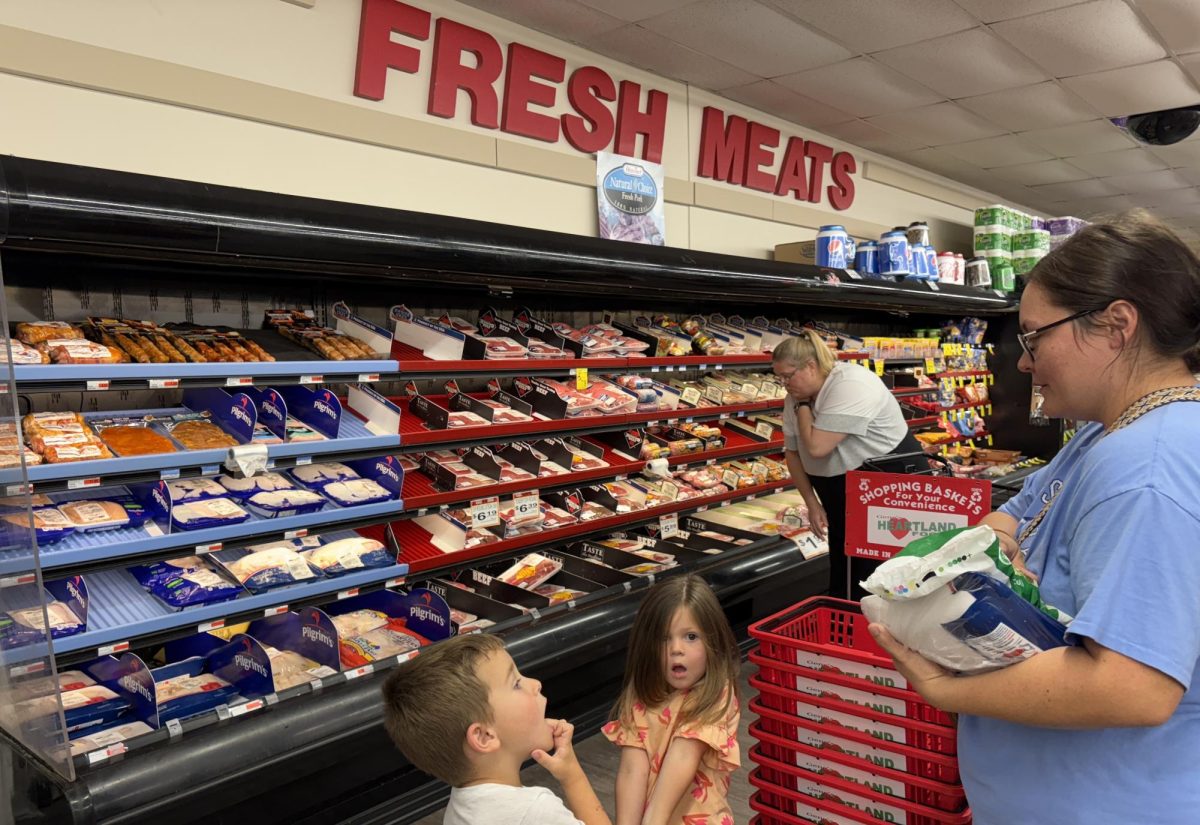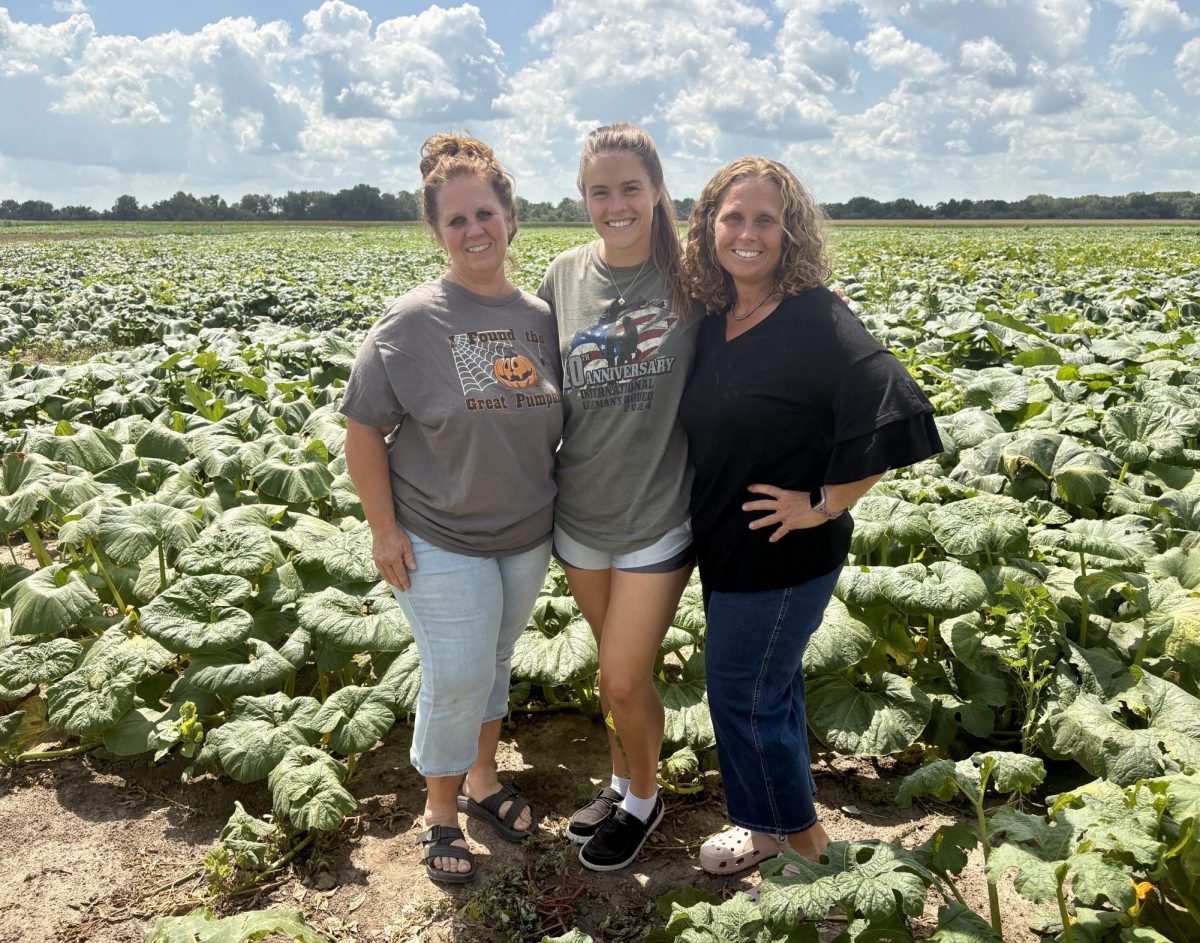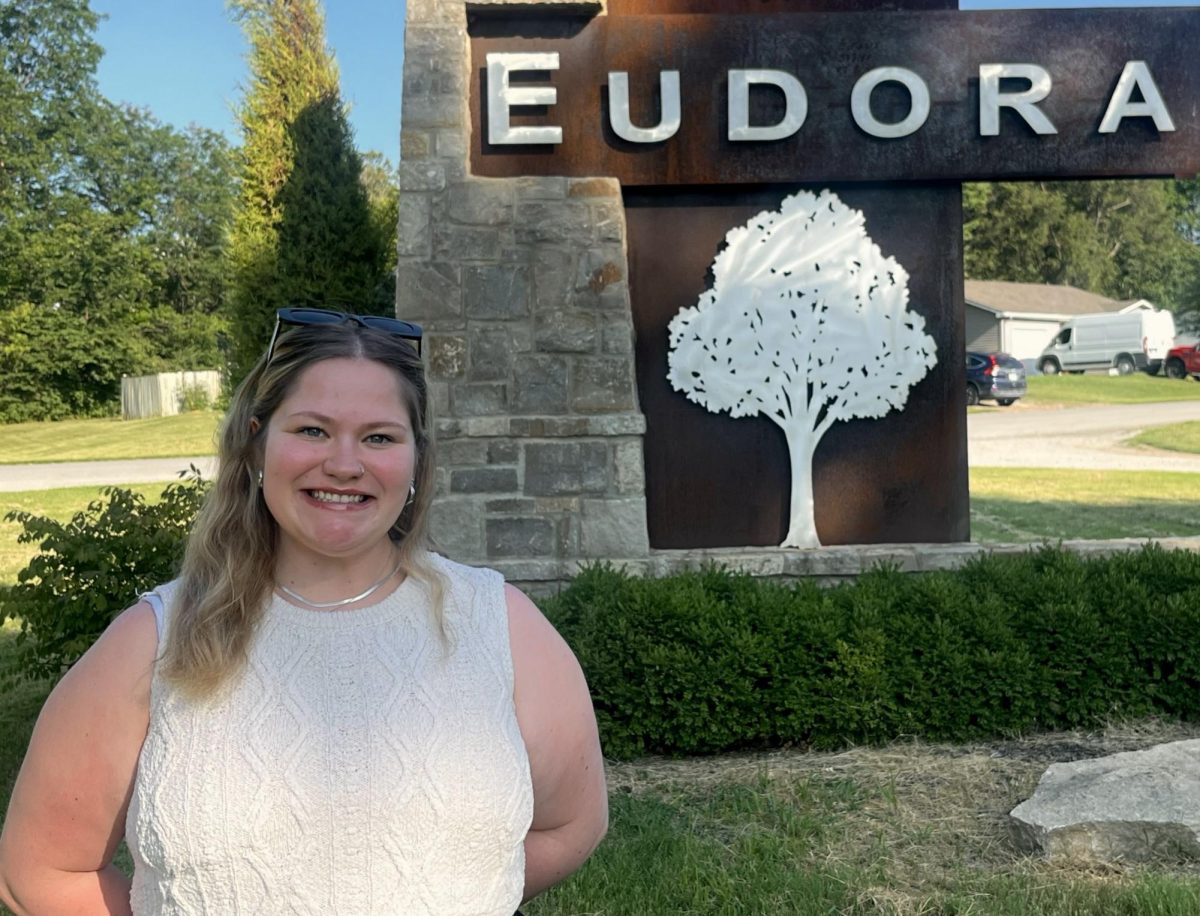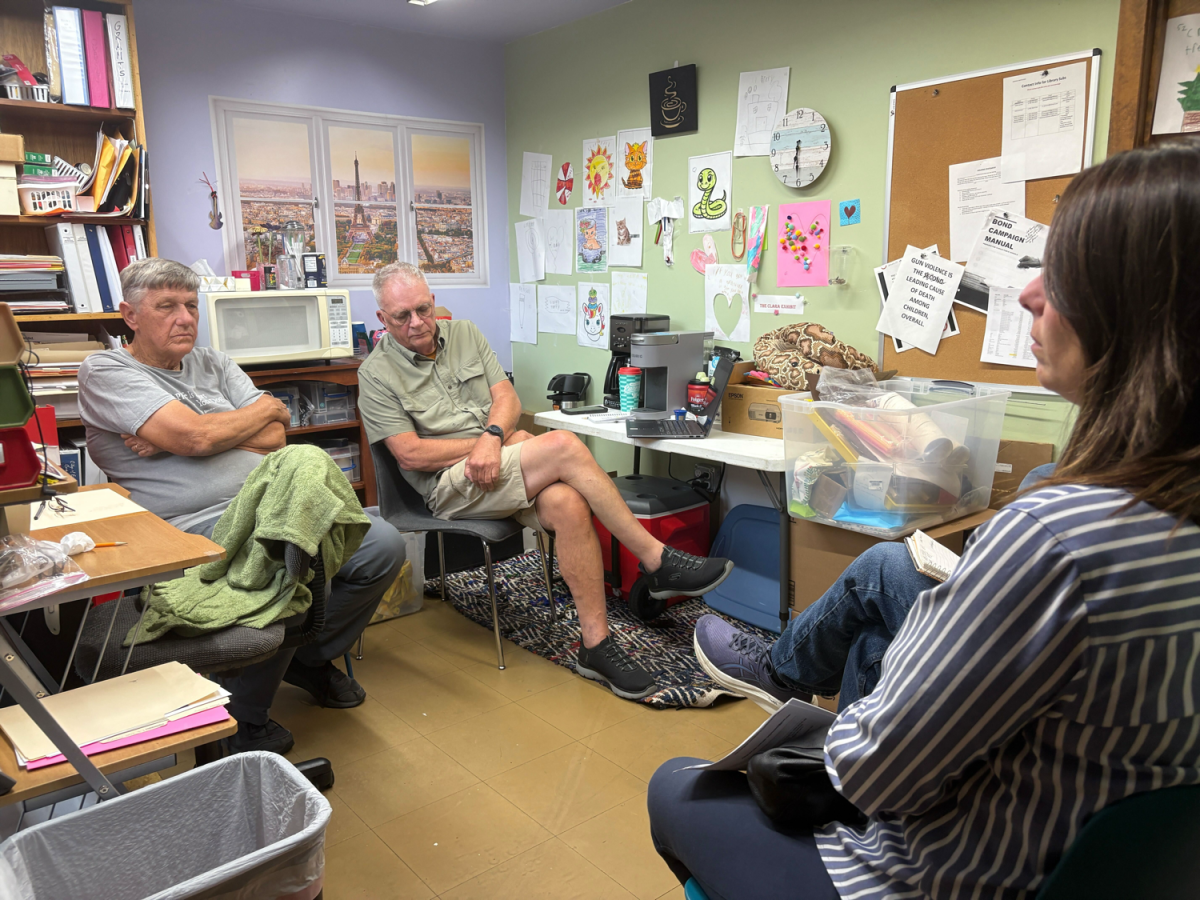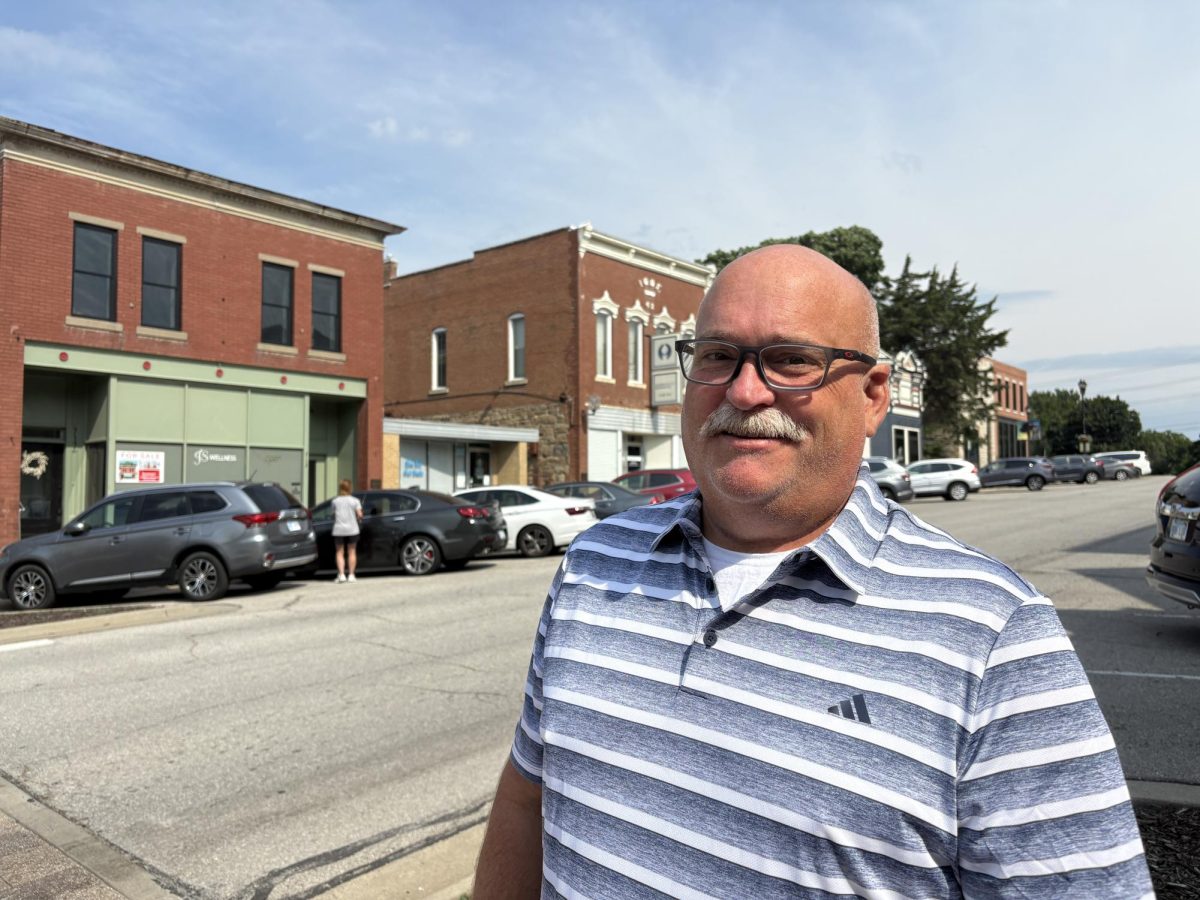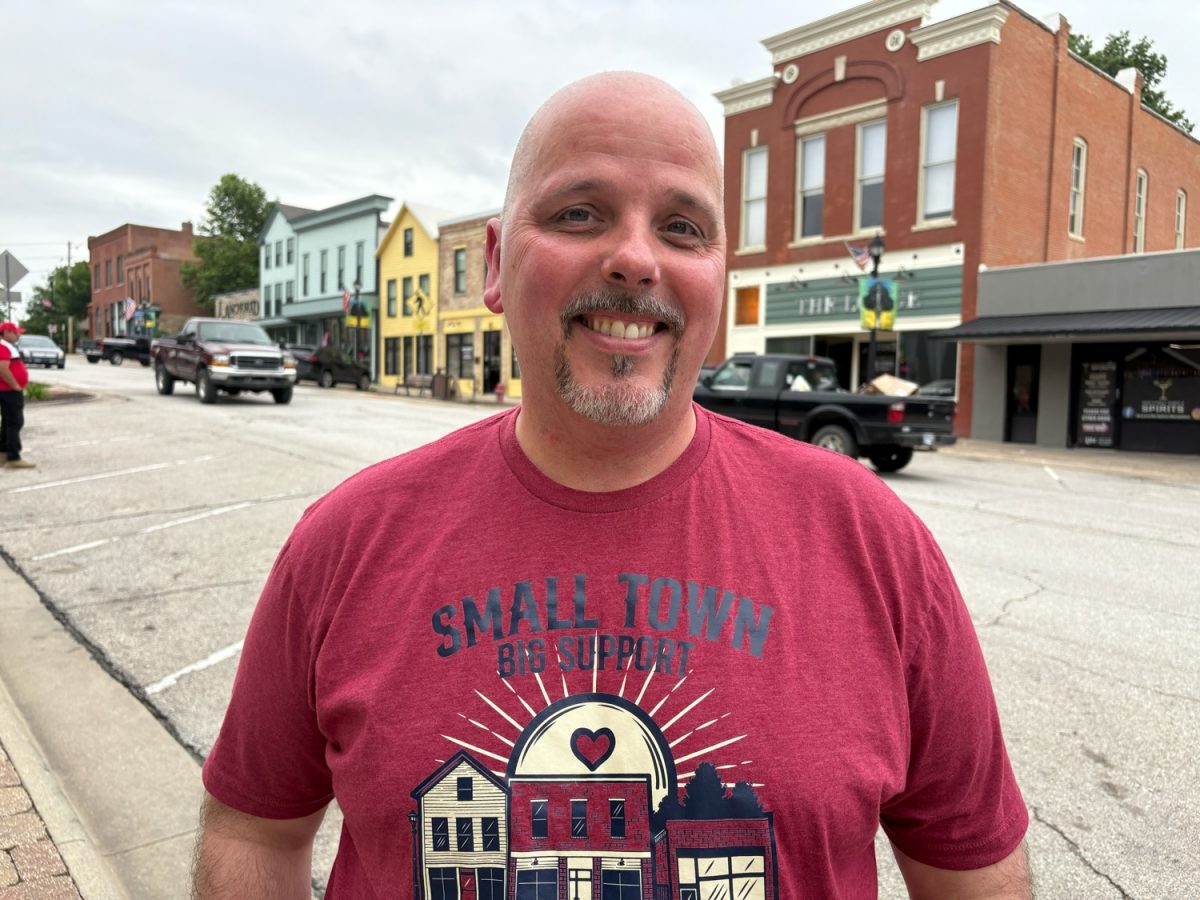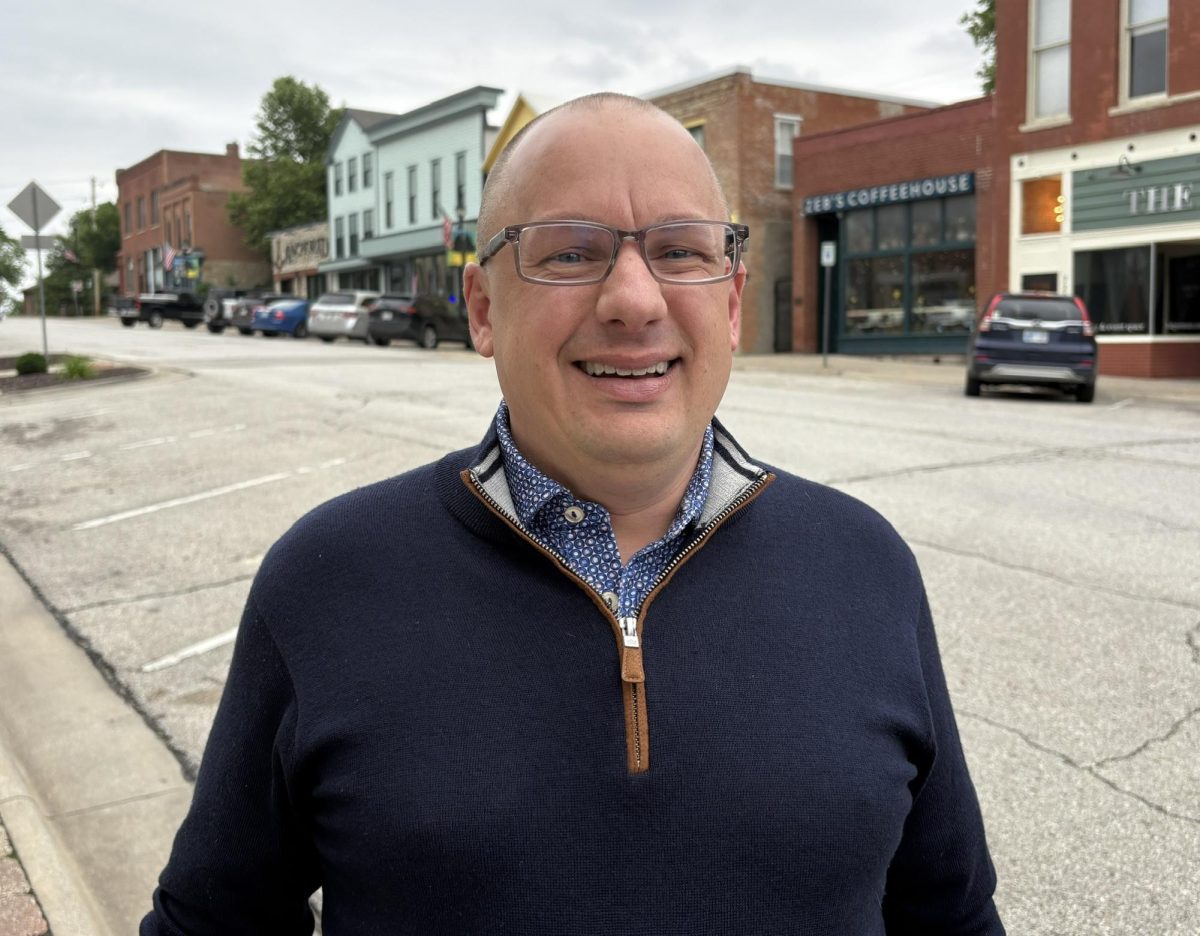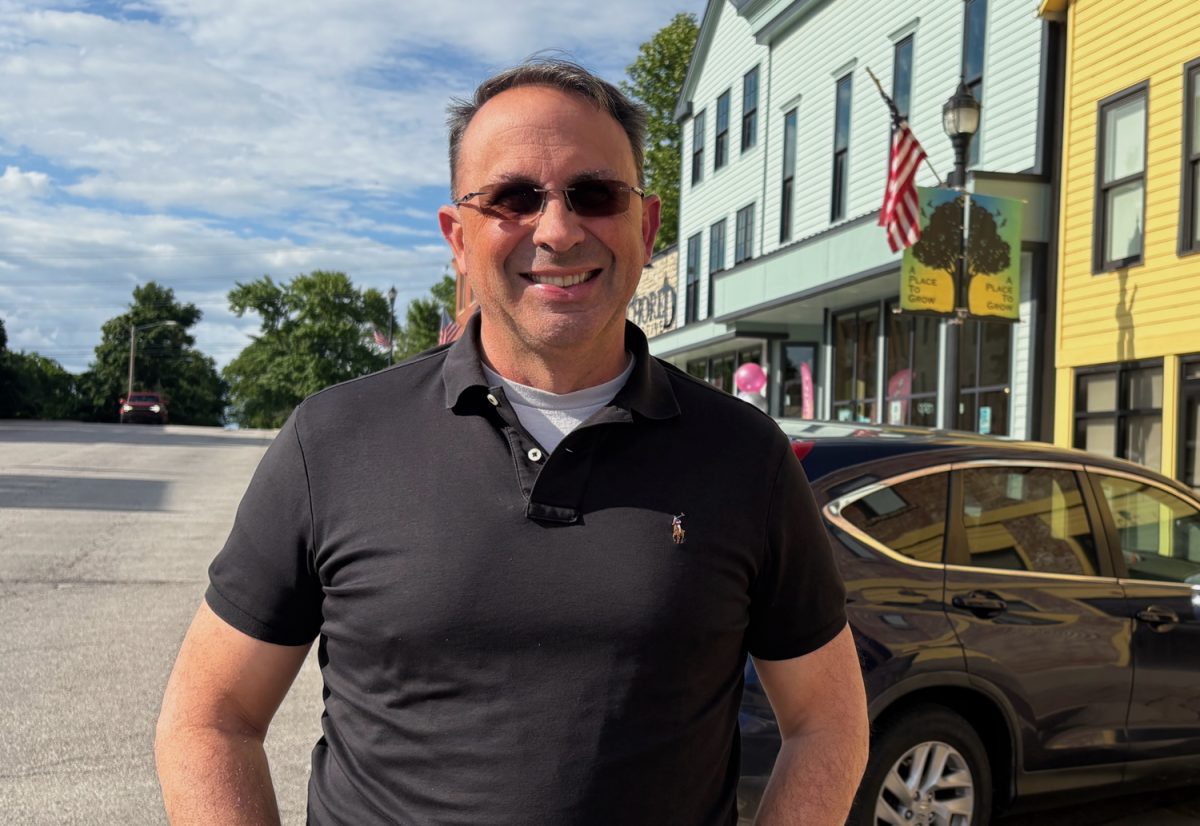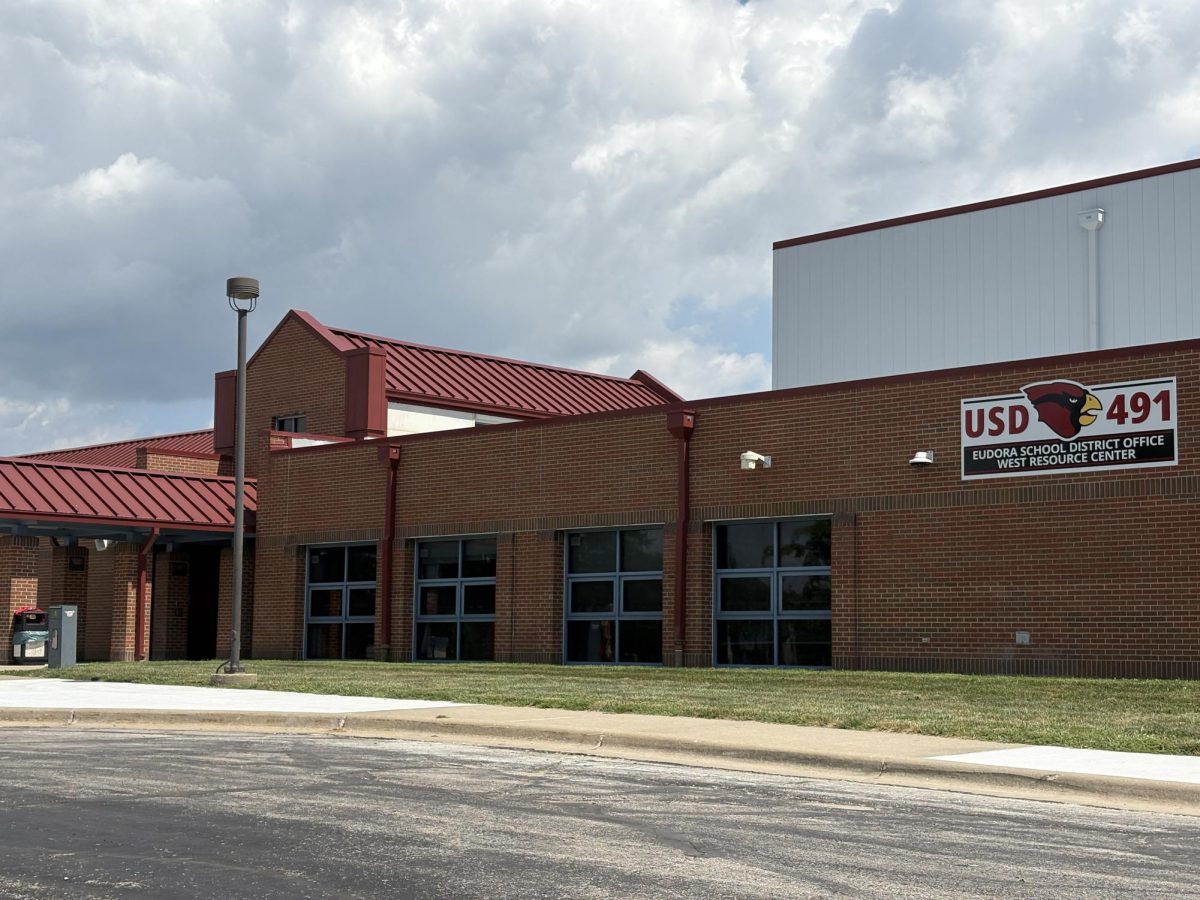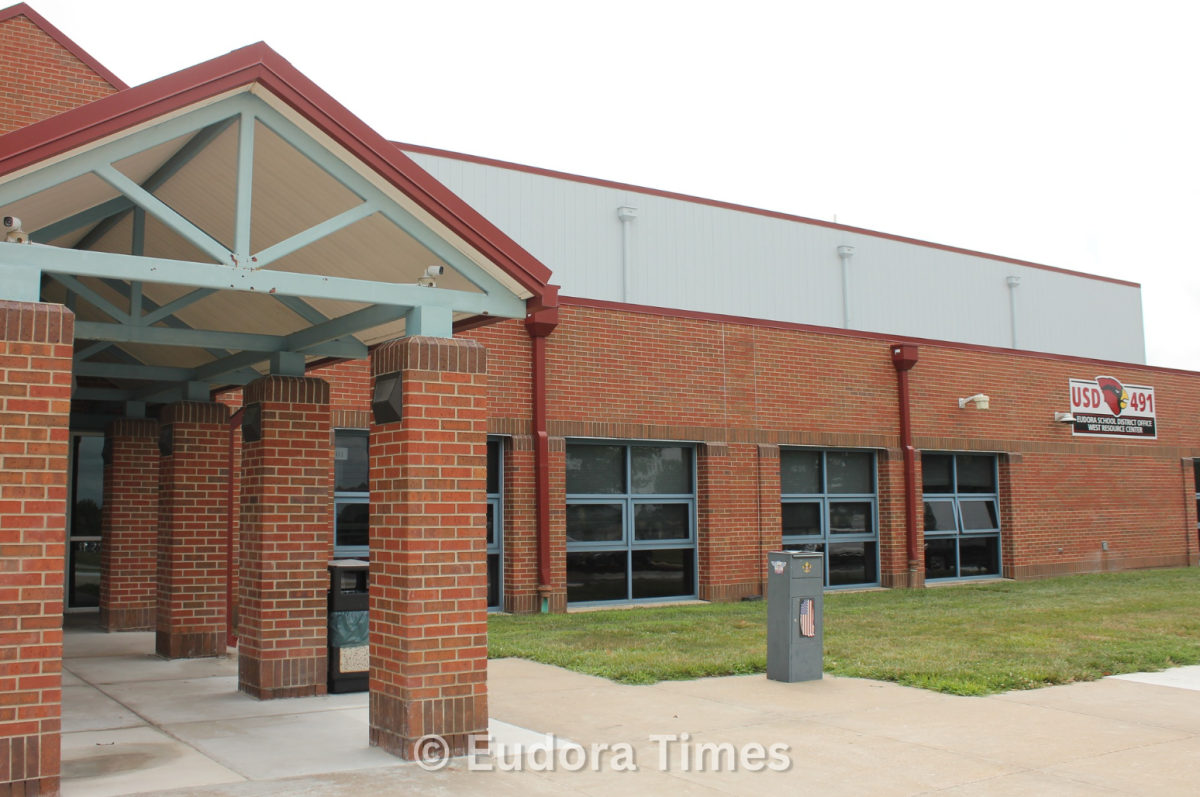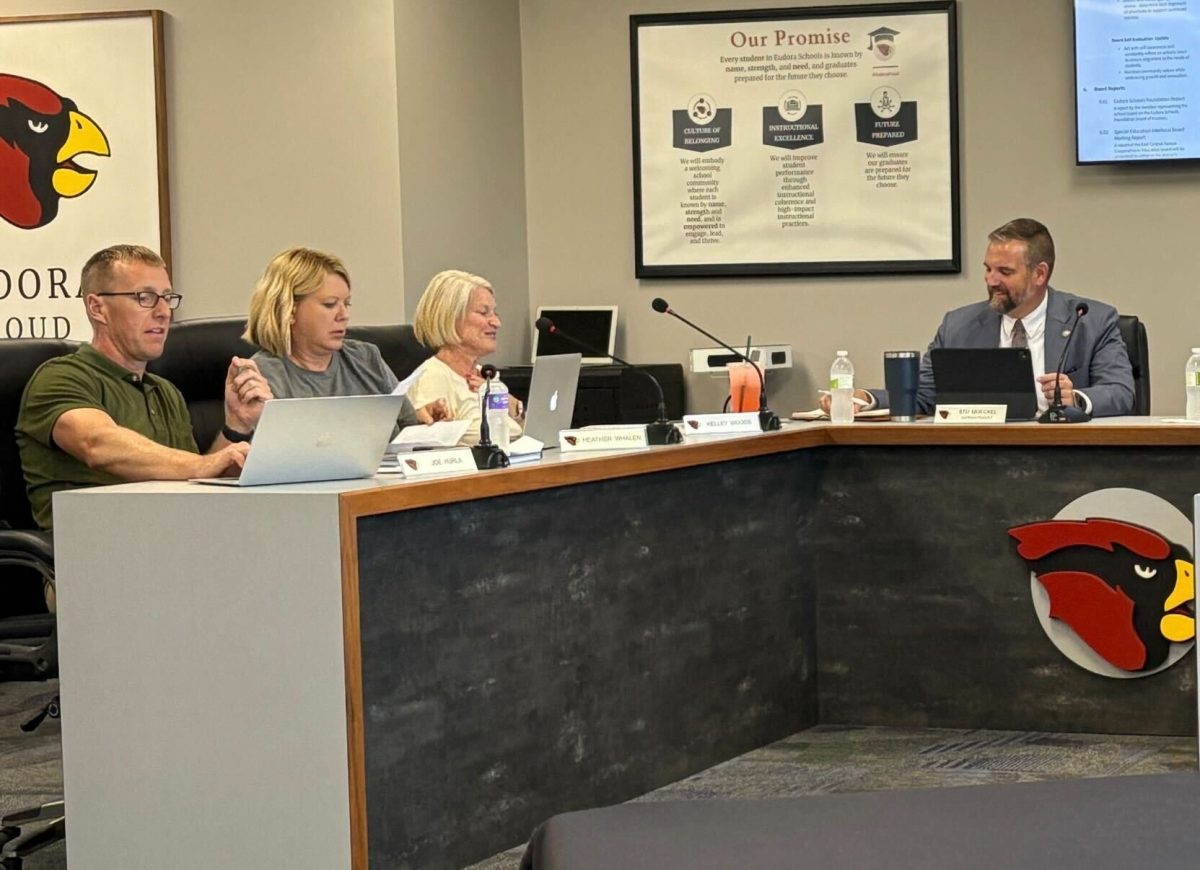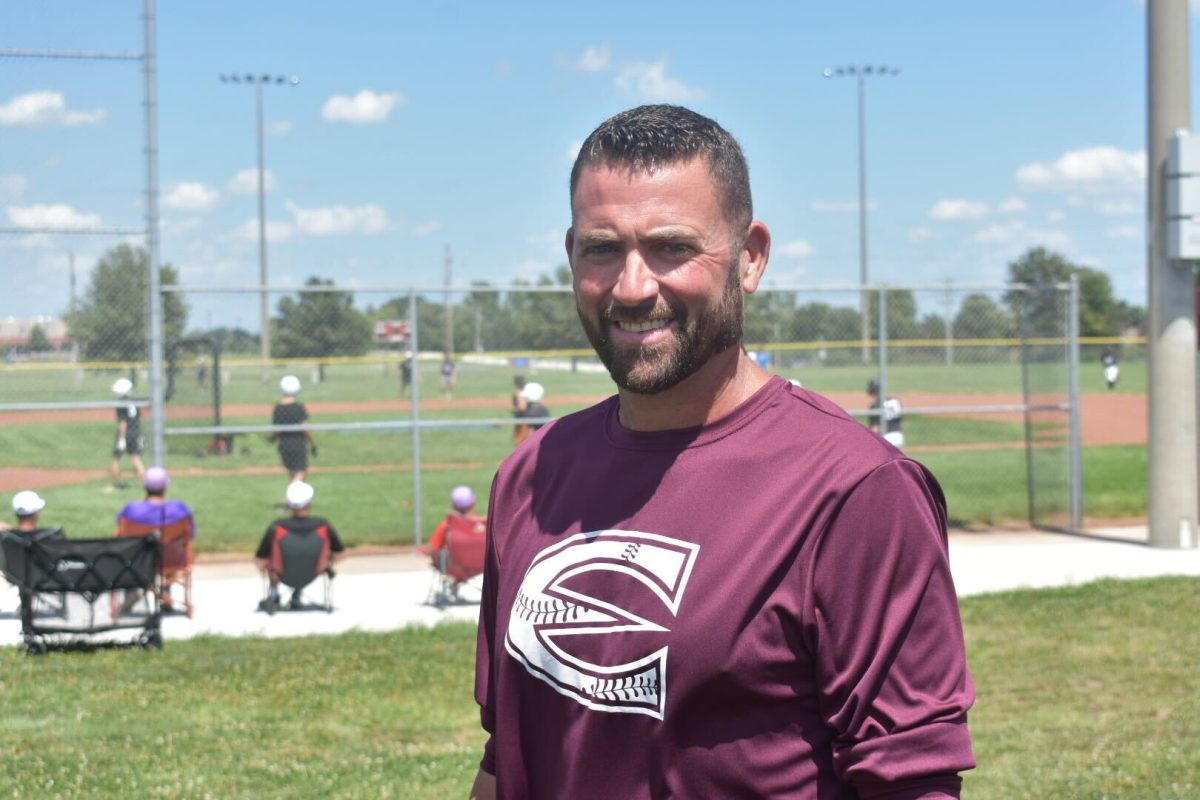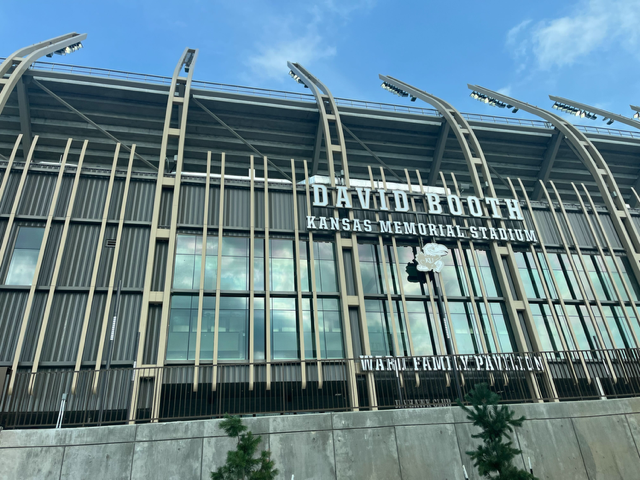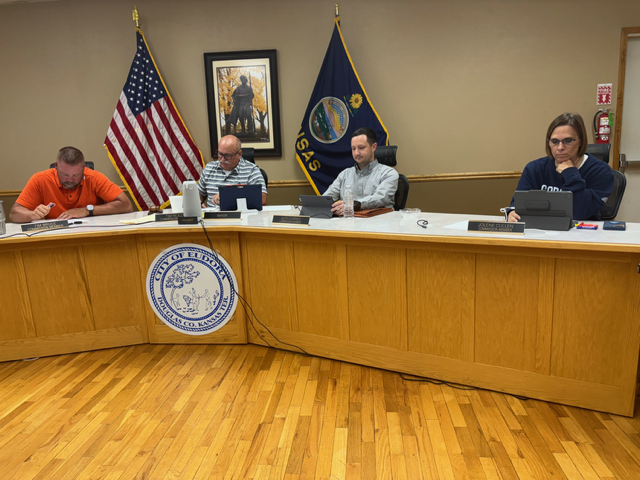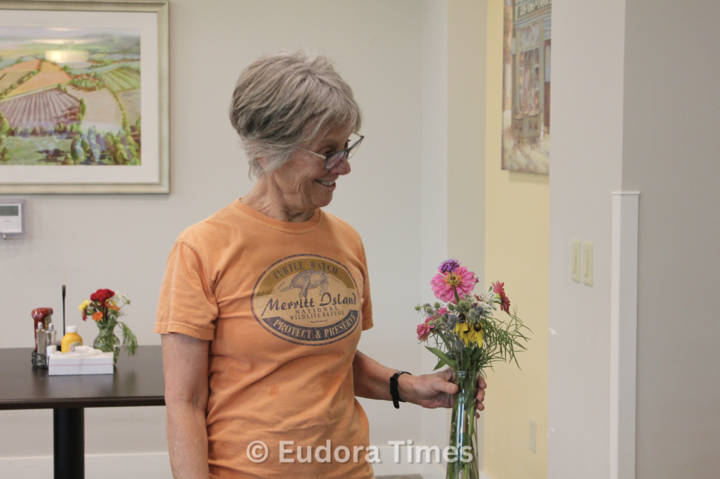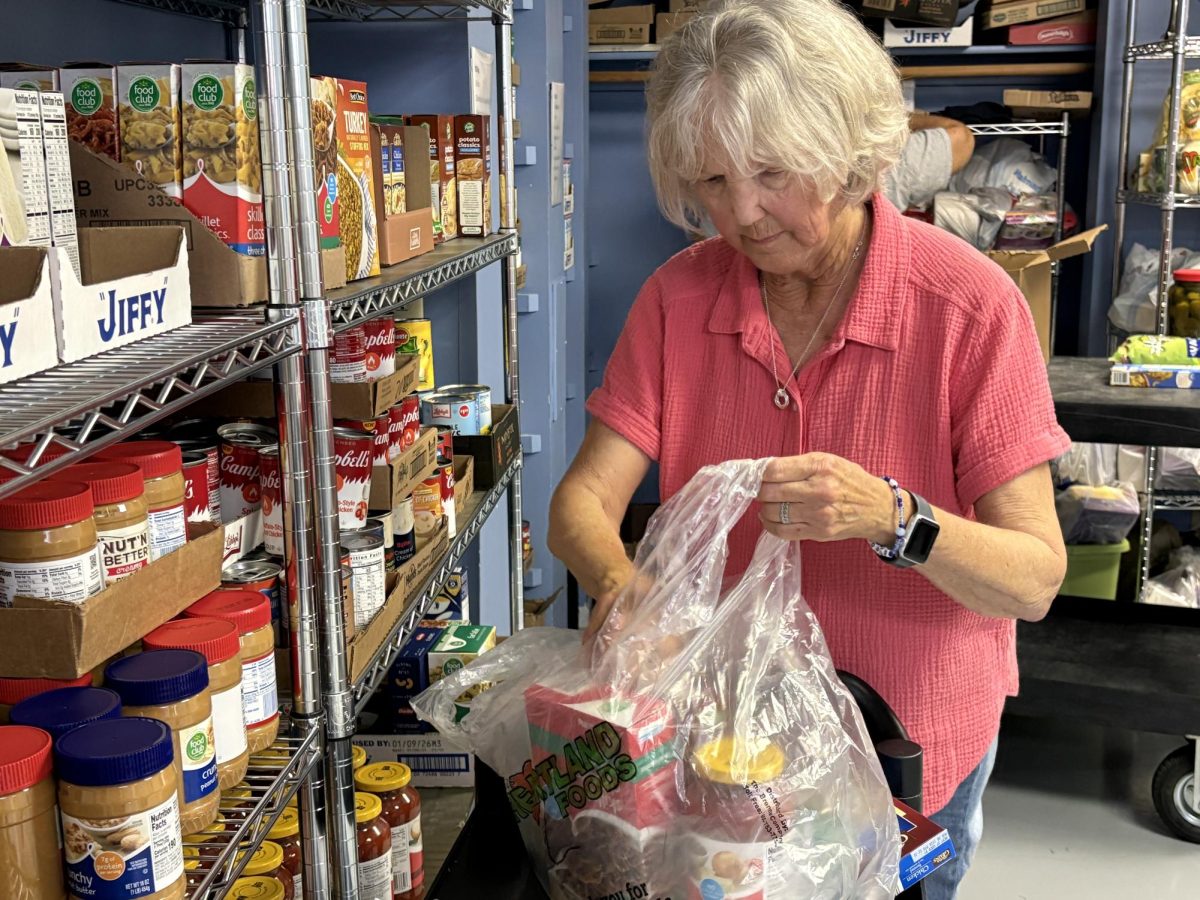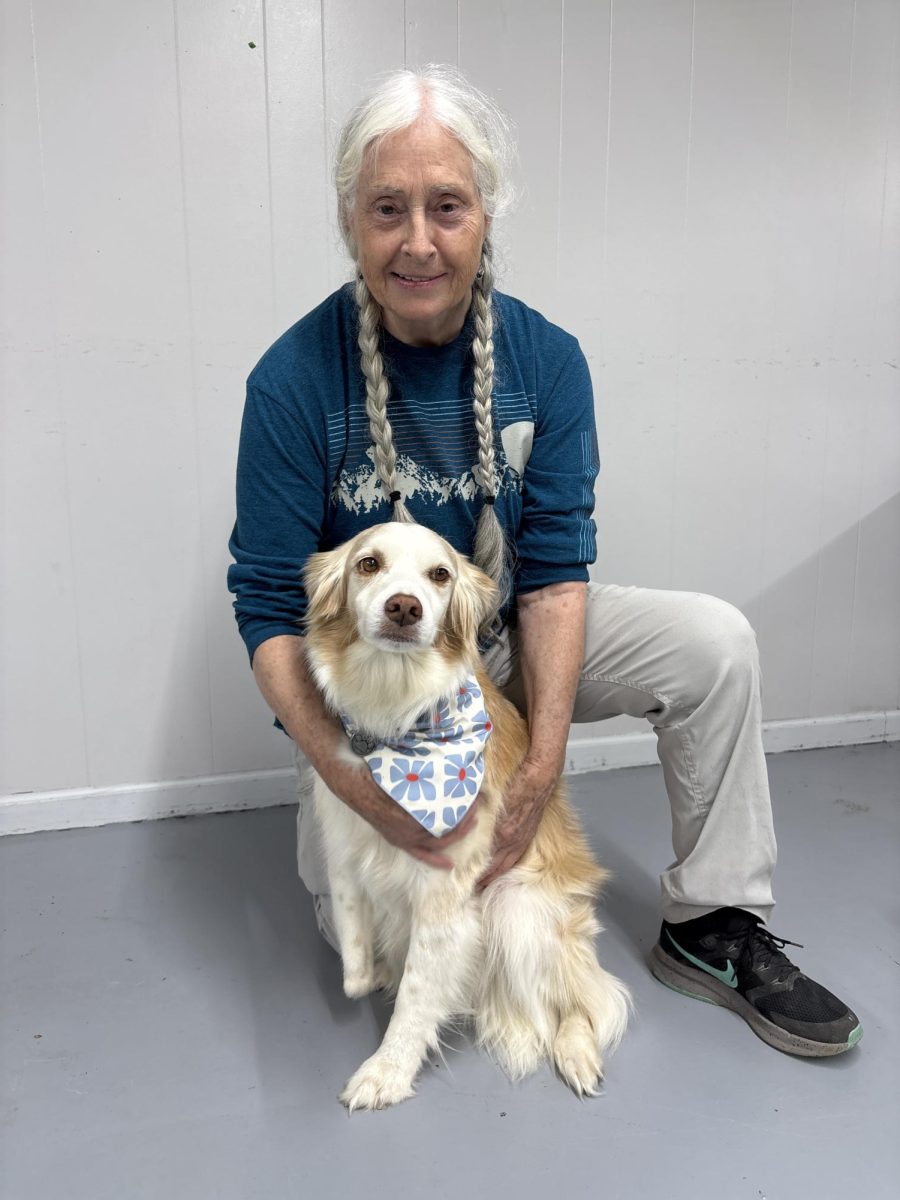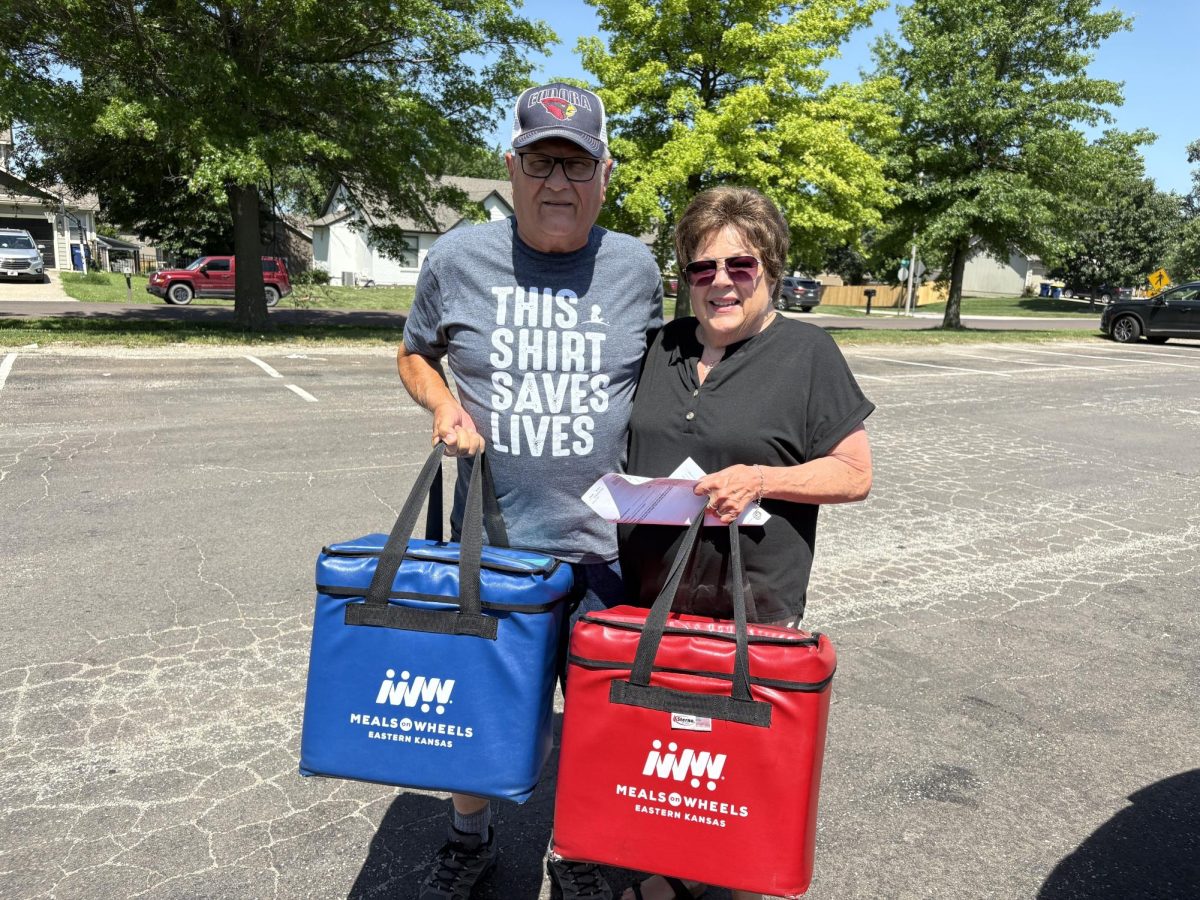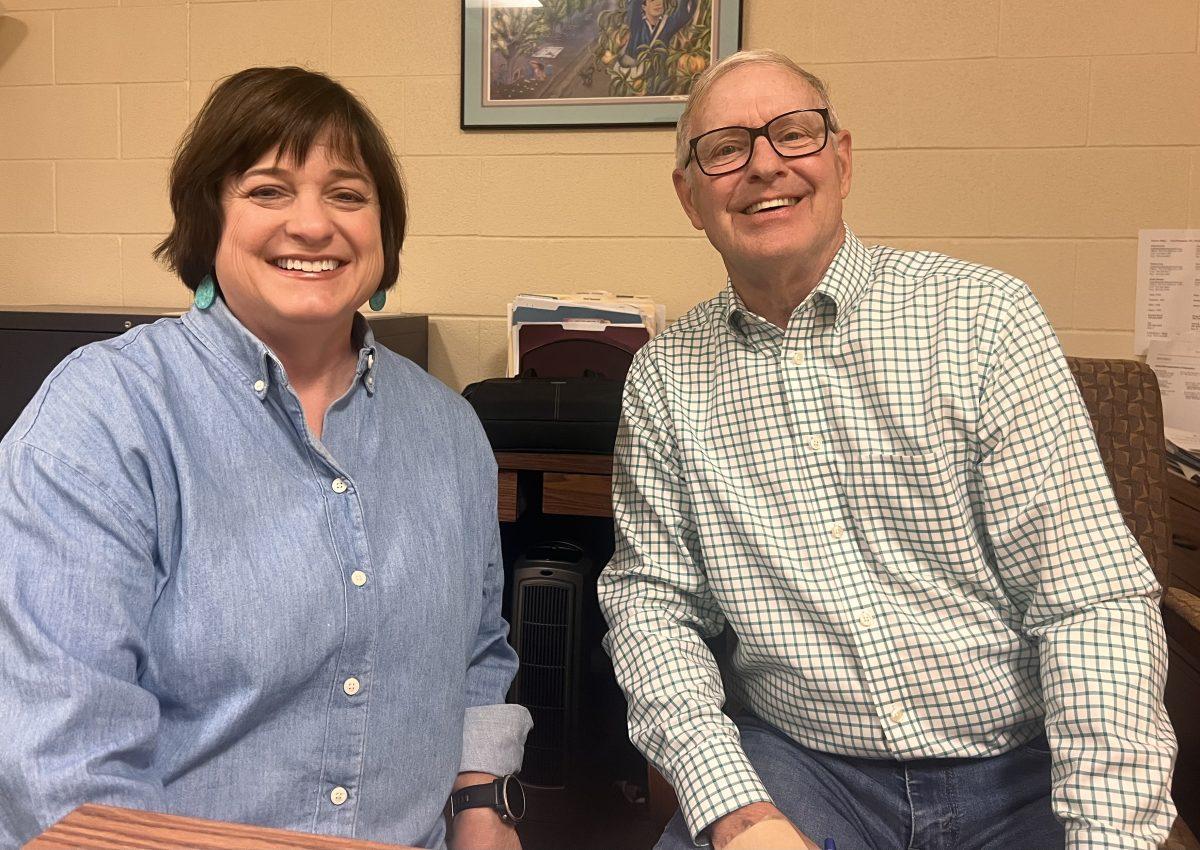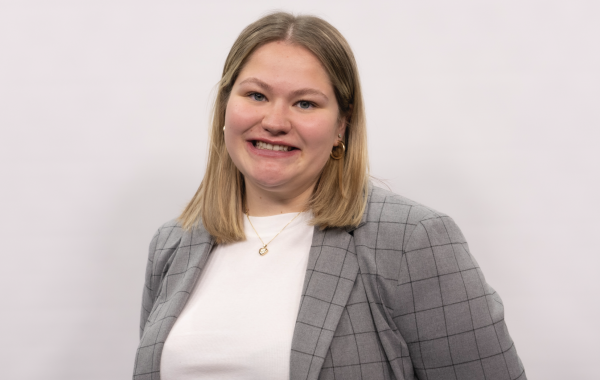Yecytl “Yessy” Velazquez’s life and education was drastically changed by a program housed in the Eudora school district.
The Migrant Education Program serves thousands of students across the state, many of whom are served out of the office based in Eudora.
The program gave Velazquez, 23, an opportunity to graduate high school, something she said she couldn’t have done without it. In May, Velazquez walked across the stage in her cap and gown.
Velazquez lives in Topeka and qualified for the program because she worked for Reser’s Fine Foods. When she heard about the program, she was paired with Melanie Stuart-Campbell, an instructional specialist and advocate for the program. She started with zero credit hours, and was able to complete all her hours within two years. Velazquez also knew little English when she started in the program.
“She helped me a lot every time and she helped with homework like explaining something that I translate and I don’t understand because some words are different,” she said. “I send a picture to her and she explained it to me.”
The Migrant Education Program is funded by the federal government and distributed by the Kansas Department of Education.
The program supports migratory students to help reduce the effects of repeated moves on education. To qualify, students must have moved in the last 36 months, be under age 22 and either they or a parent work in an agricultural-related activity.
Jobs range from dairy, nursery work, meat processing, crop farming, vineyards and any other agricultural practice.
Kansas Migrant Education Program services coordinator Tracie Kalic said the work of agricultural workers and their families is critical.
“I just think this program is so important, for so many people are not just in Kansas, not just in this area, but around the country,” she said.
The program provides a wide array of services, but is educationally based. From an educational standpoint, the program is supplemental in nature, and can provide in-school or after-school tutoring.
Students who move schools frequently get help with credit accrual by combining credit hours for classes, completing their GED or recovering credits to graduate on time. Those who are at risk for dropping out are also encouraged to stay in school.
“The biggest takeaway, I think, for the community and your readers is to understand that this is helping students who are at a disadvantage because of high mobility, long work hours,” Kalic said. “They’re far behind because of the high mobility.”
Services are based on student needs, and can range drastically from person to person. Advocates can also help students find resources for health care, clothing and food insecurity. Once a student turns 22, they age out of the program.
The Eudora office has around 15 employees and provides services to non-project districts, meaning areas that don’t have a substantial number of migratory students to have their own program. Many districts have only one or a handful of students. Eudora currently has no students in the program, but Director John Farrell said the program being in the district still benefits Eudora.
Farrell said the district’s good reputation and sound management is why the office is hosted in the West Resource Center He estimates that the program contributes $100,000 annually to the district.
The program’s advocates are fluent in Spanish because most of the students are native Spanish speakers, but the program is available for any migrant student who fits the qualifications. Employees usually meet with students in person to forge long-lasting, stable bonds, but due to long driving distances, sometimes the meetings are on Zoom or use a hybrid model.
“The important part is identifying and recruiting the student and providing services as quickly as possible, but sometimes geographically and time based reasons prevent somebody from driving two hours immediately,” Kalic said.
When students come to Kansas from other states, the program is notified by the state so that they can immediately start providing services.
The program also finds students through the home language survey required for students, from other families in the program, and from recruiters who are frequently in contact with local agricultural businesses.
Velazquez was hesitant about the program when she started, and initially stopped replying to Stuart-Campbell in the beginning, as she was overwhelmed and worried she couldn’t do it. However, Stuart-Campbell didn’t stop reaching out and Velazquez is glad she didn’t.
Now, Velazquez is onto her next step. She’s in school at Washburn Tech, and hopes to one day own her own automotive shop.
Stuart-Campbell said Velazquez was one of her star students, and the two have forged a close bond over their time together. Whether it be tutoring, practicing English or taking next steps, the two spent a lot of time together. Stuart-Campbell even helped her enroll her son in school.
Stuart-Campbell said Velazquez’s story is inspiring a lot of others to follow in her footsteps.
“I think for a lot of people, it’s just knowing that there’s another adult who’s paying attention and who cares and is checking in,” Stuart-Campbell said.
Reach reporter Sara Maloney at [email protected]
If you appreciate our coverage, please donate. Our newspaper depends on your donations to provide coverage of Eudora and continue providing local news.
To donate to support our community journalism, please go to this link.
